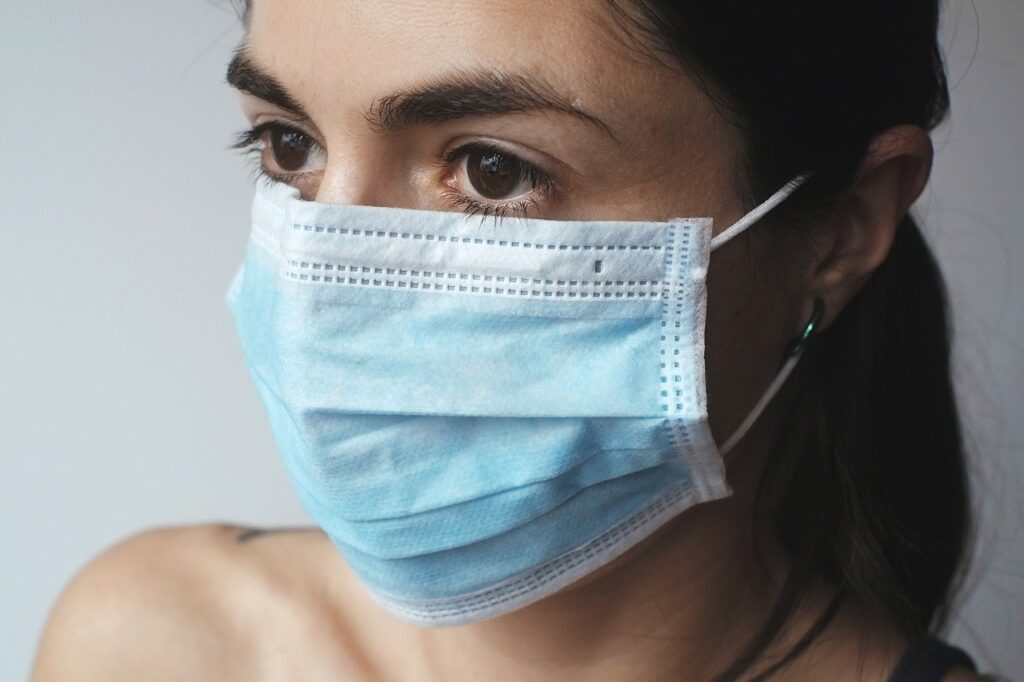The Disruptions of COVID-19
“Social distancing” has now become an everyday reality with the advent of the COVID-19 (coronavirus) pandemic. Many are now sheltering in place, under government order or recommendation, in an attempt to limit the spread of the virus.
The subsequent closure of businesses and schools, restrictions on travel, cancellation of events and the limitation of access to medical resources except for emergencies only, is forcing us to rely more on the Internet to meet everyday needs. This means going online for our social interactions, shopping, education, work and even visits with doctors and therapists.
All of this means dramatic disruption in our daily routines, often accompanied by a high dose of anxiety over not knowing how long the crisis will continue. But these hardships can be especially difficult for individuals with ADHD.
Potential Challenges
Some of the potential difficulties that the COVID-19 crisis might present for individuals with ADHD include:
Degradation of physical and mental health – This can bee due to stress, lack of sleep, an inability to concentrate and / or the use of alcohol or drugs to cope with the situation. ADHD is often accompanied by anxiety and a crisis like COVD-19 can significantly amplify the level of stress one already fees.
Disruption in routines – Executive function skills – e.g., planning, organizing, staying focused, and following through – can be hard for individuals with ADHD in normal times. When your daily routine is suddenly altered, all the structures and routines that you rely on to help get things done aren’t available, and it can be very disorienting and confusing.
Interruption in therapy or medication – Not being able to see a therapist or worry about getting a prescription renewed can be anxiety provoking.
Moving studies or work online – Many schools are shifting their classes online as a way to follow social distancing guidelines. For students, this means having to be even more organized about studies, having to disciplined and keep focused, and avoid the many distractions online while studying. There is less structure to help guide your daily academic routines. The same considerations apply to working from home. The characteristics of ADHD makes studying or working from home that much harder.
Boredom and frustration – Social distancing means less ability to go out and socialize or exercise. This is hard on the ADHD mind which constantly seeks novelty and stimulation. Family tensions can be heightened and add to the emotional distress of the crisis.
Strategies for Coping
So, if you have ADHD, what can you do to cope?
- Routines, routines, routines – Routines are important to help us create predictability, especially in uncertain times. This can include routines for eating, sleep, exercise, and working or studying. These can help reduce the anxiety and provide anchors in your life.
- Exercise – Regular exercise can help counteract the effects of stress and improve your mental outlook.
- Meditate or read a book – Both can be calming activities that help stimulate your mind and imagination.
- Keep connected – You may not be able to visit people in person, but if possible, utilize Internet technologies like SSkype, Facetime or Zoom to keep in touch with friends or remote family members. This will help diminish feelings of isolation.
- Pursue new interests – Spending more time at home may provide a good opportunity to check out a new hobby you’ve been interested in. Or some other endeavor that can absorb your attention for awhile.
For more suggestions about coping with the COVID-19 crisis, check out the references below.
COVID-19 is a serious crisis. We are living through a time that can cause lots of anxiety, and can be especially challenging for those with ADHD. But using these and other coping strategies can help reduce the stress.
References
- https://www.kunr.org/post/covid-19-online-learning-solutions-present-challenges-students-autism-adhd#stream/0
- https://www.psychologytoday.com/ca/blog/women-autism-spectrum-disorder/2020
- https://www.psychiatrictimes.com/coronavirus/best-practices-using-telemedicine-adhd-during-covid-19-pandemic==03/how-keep-healthy-routines
- https://www.additudemag.com/adhd-coronavirus-anxiety-coping-strategies/



